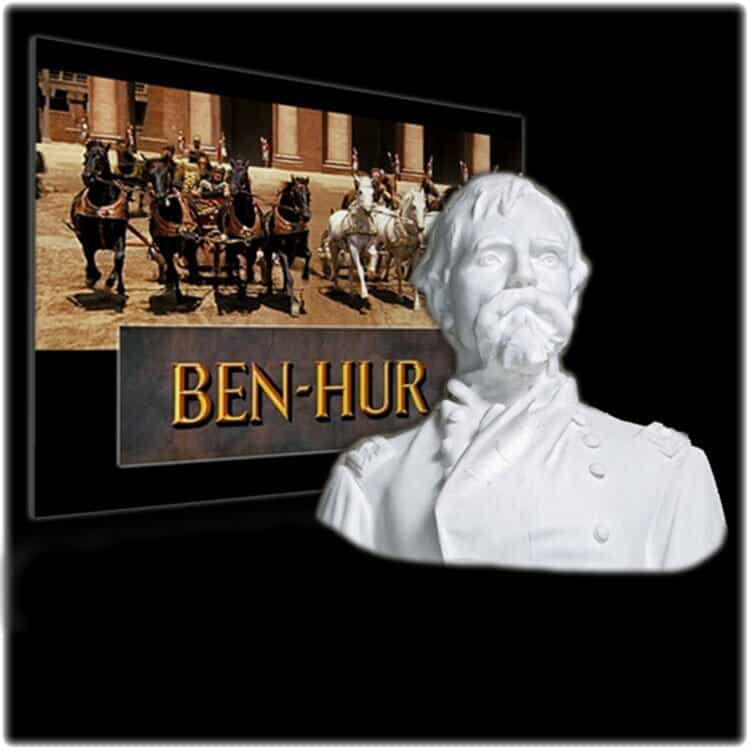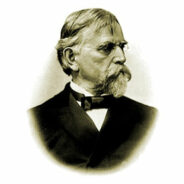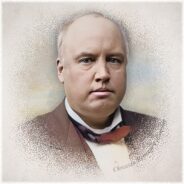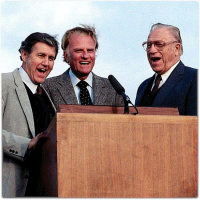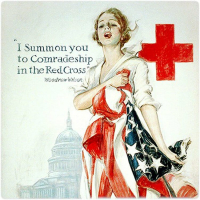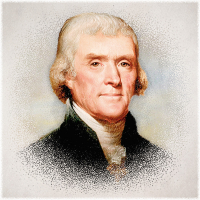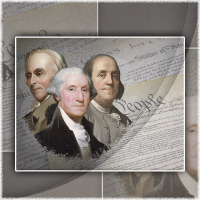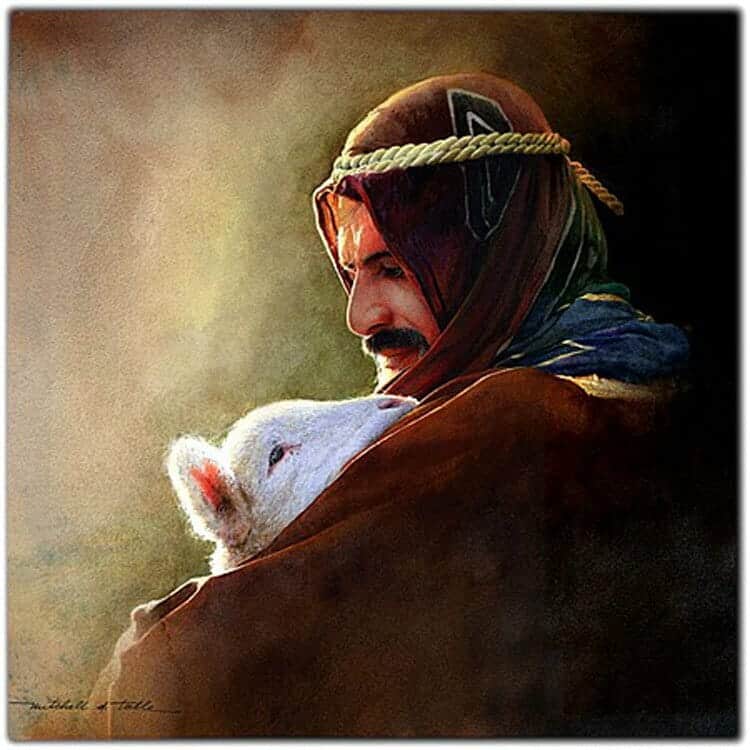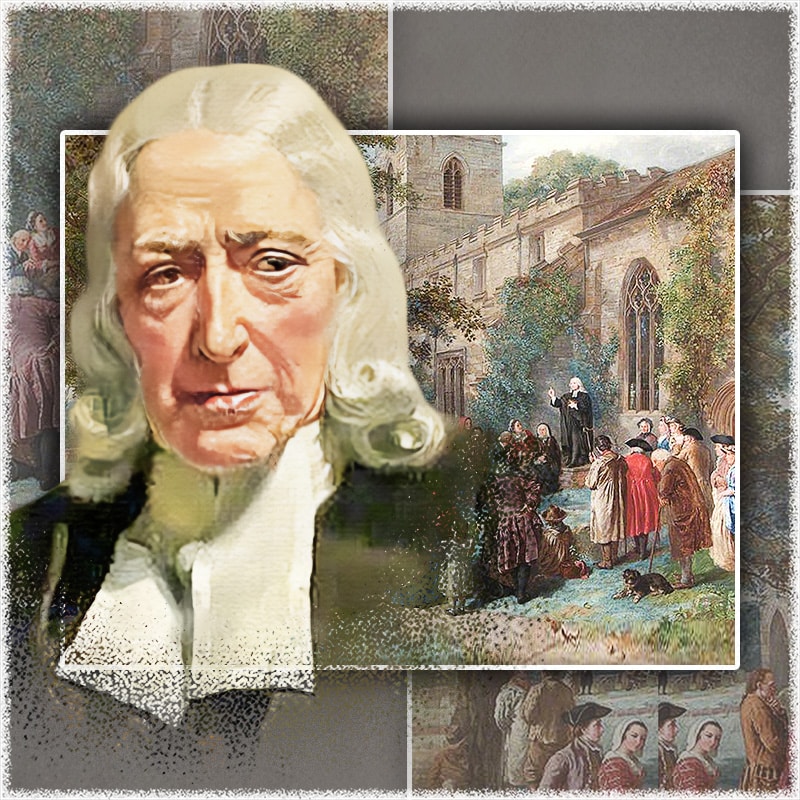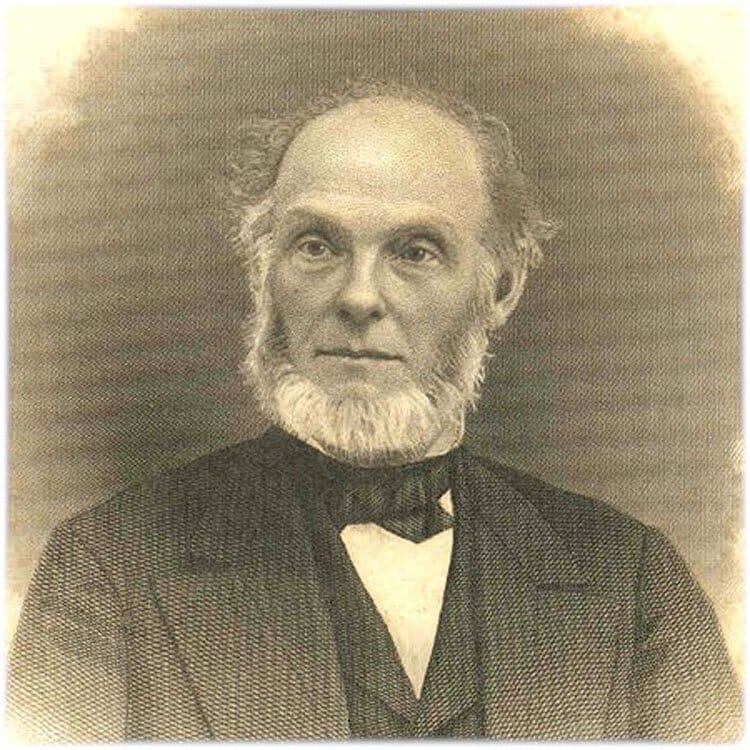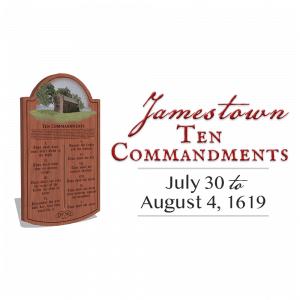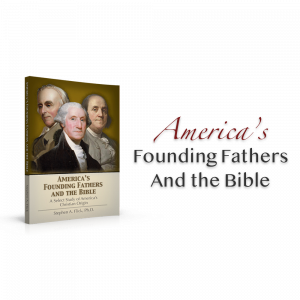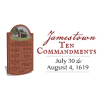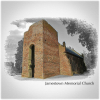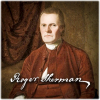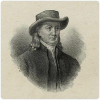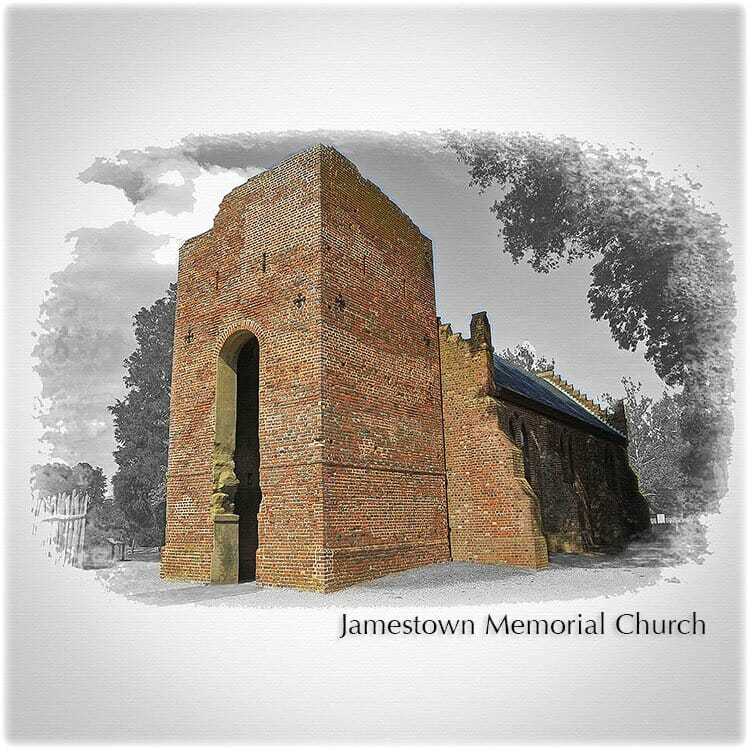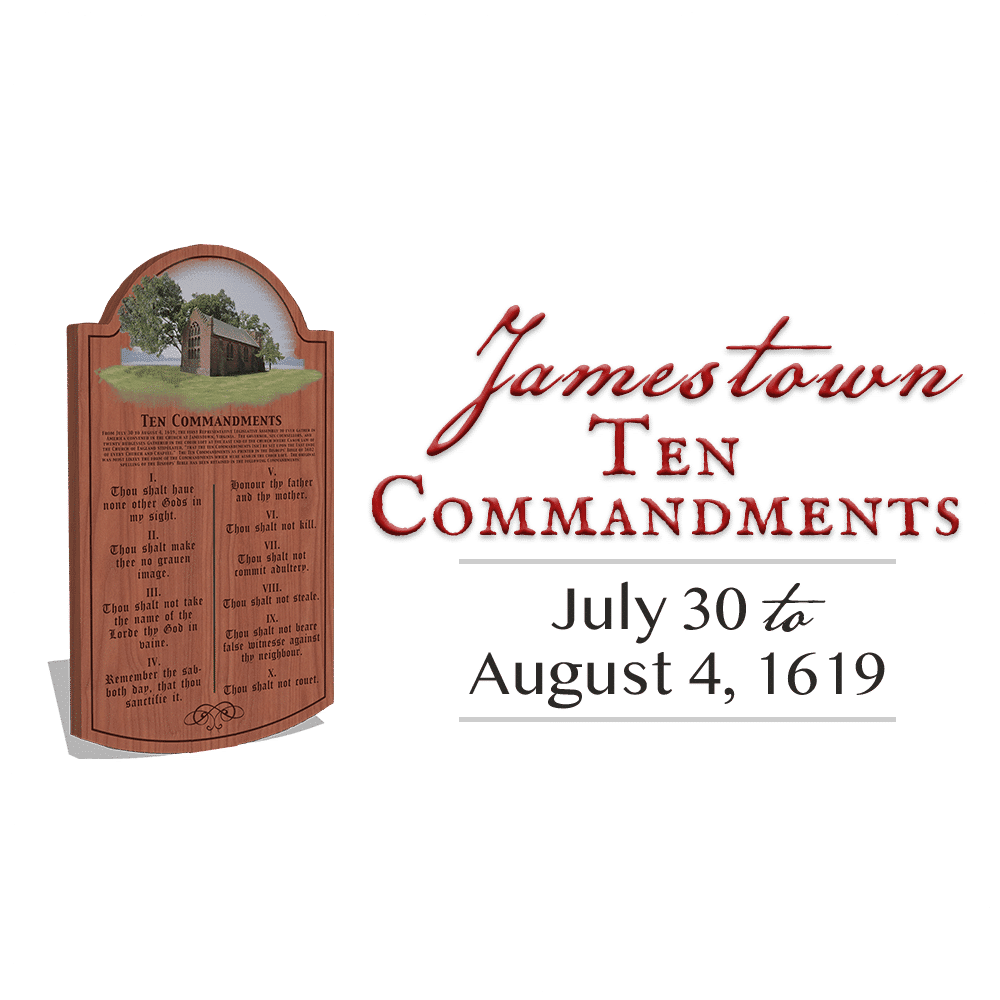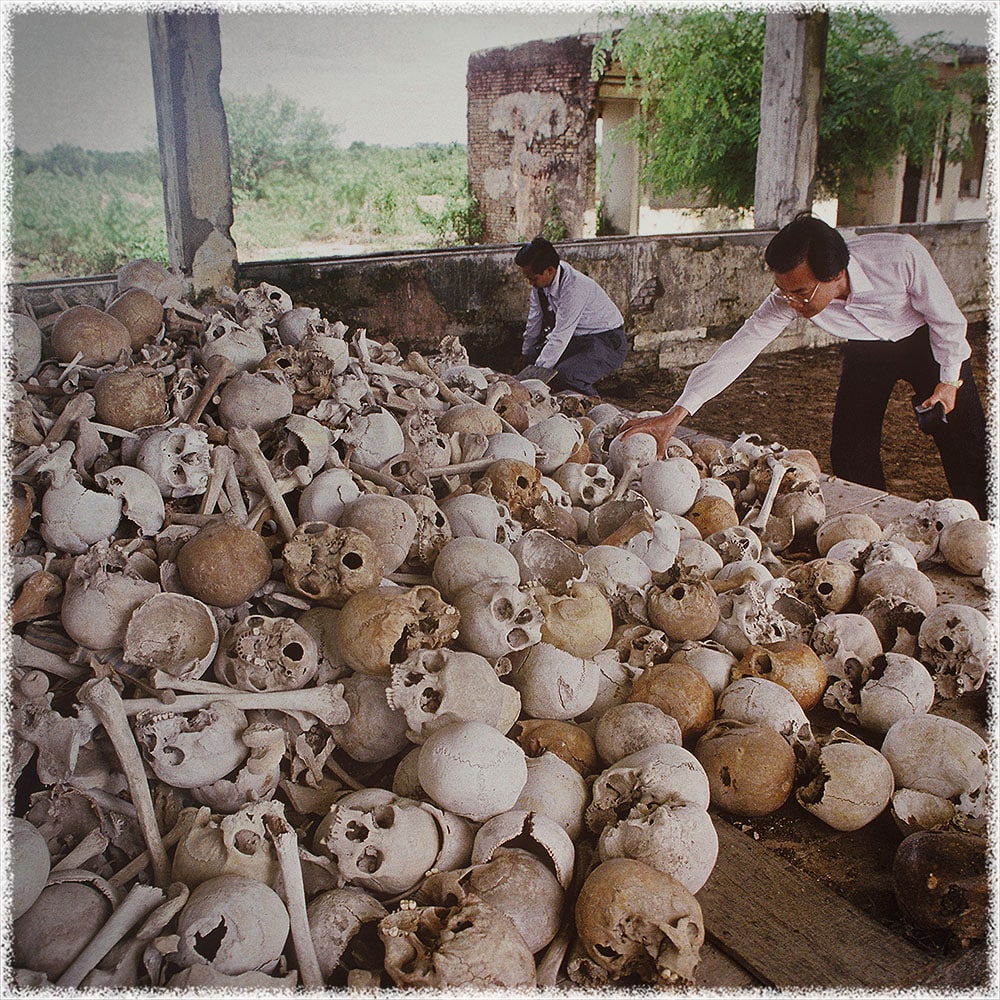In the National Statuary Hall in the United States Capitol in Washington, D.C. there resides a full-body statue of General Lew Wallace, Civil War hero and author of the literary classic, Ben Hur. The story behind the composition of this time-honored classic is one worthy of being rehearsed on a regular basis, and no season of the year is more fitting for its telling than the Easter season.
One of the traditions our family shared when our children were younger was the viewing of Charlton Heston in Ben-Hur around the Easter season. The conversion of the main character, Ben-Hur, at the end of the feature is one of the most moving and affirming scenes of Christian cinematography. Captivating in its original literary form as a book, President Ulysses S. Grant wrote to its author, General Lew Wallace, to inform him that he was so enthralled by the book that he stayed up thirty hours straight to read it. The story behind the writing of this book is both inspirational and tragic.
The Life of General Lew Wallace
Lew Wallace was born into a military and political family in Brookville, Indiana in 1827. In addition to having served in the military, Wallace's father also served the state of Indiana as lieutenant governor and governor. After a very troubled childhood and youth, Lew took up the study of law and upon completion of his study, was admitted to the state bar, and was subsequently elected to offices as prosecuting attorney and state senator. At the start of the American Civil War in 1861, he was appointed colonel of the 11th Indiana Infantry and soon after promoted to brigadier general and given command of a brigade. At the battle of Shiloh, Wallace was accused of nearly having lost the battle for the Union by moving up his reserves too slowly—an accusation that was earnestly denied by Wallace throughout the remainder of his life. After the war and following the assassination of President Lincoln in 1865, eight conspirators were arrested and put on trial in a military court. General Wallace was chosen as one of twelve men to sit on the military commission to try the accused, one woman and seven men. In the 1870s and 1880s, he held a number of important political posts, including governor of New Mexico Territory, from 1878 to 1881.
The Influence of Colonel Robert Ingersoll
One of the most important introductions General Wallace ever received occurred in relation to the battle of Shiloh. Colonel Robert Ingersoll was placed under the command of General Wallace at Shiloh. In time, this relationship would benefit General Wallace in ways that neither the General nor Colonel Ingersoll could anticipate.
Robert "Bob" Ingersoll (August 11, 1833 – July 21, 1899) was a Civil War veteran, American political leader, and orator during the American Golden Age of Freethought,[1] and is remembered foremost for his defense of agnosticism, receiving the nickname, "The Great Agnostic." Ingersoll's father, John, was a Congregationalist pastor who had, from all appearances, accepted what was known as New School Calvinism. Rev. John Ingersoll had filled the pulpit for the well-known revivalist, Charles G. Finney while Finney was on a European revival tour. Upon Finney's return, John Ingersoll remained with Finney for several months as associate pastor before moving on and, because of opposition in local churches, eventually leaving the ministry. There can be no question that being a New School Calvinist in Old School Calvinist churches would cause immense tension. Indeed, John Ingersoll was brought up on charges on three separate occasions, one of the most contentious, when Robert was only a boy of nine years of age. As a young man, Robert turned his back upon Christianity, but it was not an austere or strict home life that caused Robert Ingersoll, and his brother, to turn from God to agnosticism, but rancorous—mean spirited—people in the local church who persecuted and prosecuted his father. Who would have imagined that mistreating a minister would have had such immense consequences against the Church in America and around the world? As a result the Church has groaned under rational lashings of Robert Ingersoll and his disciples for more than a century and a half—and into the future as far as the eye can see.
Ingersoll's Unwitting Support for Christ
For much of his life, Lew Wallace had treated Christ and the teachings of Christianity with indifference. He had not fully rejected them, and neither had he allowed himself to be deeply influenced by the teachings of the Church. As evidence to the fact that he had at least been curious about Christianity, he could point to the fact that he had attended a Methodist church on and off for many years.
 To lift me out of my indifference, one would think only strong affirmations of things regarded holiest would do. . . . It only remains to say that I did as resolved, with results – first, the book Ben Hur, and second, a conviction amounting to absolute belief in God and the Divinity of Christ.
To lift me out of my indifference, one would think only strong affirmations of things regarded holiest would do. . . . It only remains to say that I did as resolved, with results – first, the book Ben Hur, and second, a conviction amounting to absolute belief in God and the Divinity of Christ.Then, one day as he boarded a train in Crawfordsville, Indiana where he resided, someone behind him called his name. To his surprise, it was Robert Ingersoll. The well-known agnostic was eager to speak with his commander from Shiloh and invited Wallace into his compartment. Wallace complied with Ingersoll's request, but under the condition that Wallace be allowed to choose the subject of conversation—to which Ingersoll agreed. The subjects of concern to Wallace were spiritual and religious in nature. Offering up the subjects, Wallace listened as Ingersoll addressed the various Christian teachings with his agnostic flourishes. For nearly two hours, Wallace was spellbound by Ingersoll's intellectual and rhetorical ability—all disparaging Christ and His Church. Their conversation was brought to an abrupt halt when the train entered Indianapolis Central Station. The two men bid each other farewell. Ingersoll left for his hotel, and Wallace, in route to his brother's home on the northeast side of Indianapolis, brushed aside the use of a street-car, choosing rather to walk the darkened streets to muse over his conversation with Ingersoll.
Years later, he reflected upon that conversation as the inspiration to seriously investigate the claims of Jesus Christ and Christianity, and the walk along the dark Indianapolis streets that led to that decision:
To lift me out of my indifference [to Christianity], one would think only strong affirmations of things regarded holiest would do. Yet here was I now moved as never before, and by what? The most outright denials of all human knowledge of God, Christ, Heaven, and the Hereafter which figures so in the hope and faith of the believing everywhere. Was the Colonel right? What had I on which to answer yes or no? He had made me ashamed of my ignorance: and then—here is the unexpected of the affair—as I walked on in the cool darkness, I was aroused for the first time in my life to the importance of religion. To write all my reflections would require many pages. I pass them to say simply that I resolved to study the subject . . . It only remains to say that I did as resolved, with results - first, the book Ben Hur, and second, a conviction amounting to absolute belief in God and the Divinity of Christ.[2]
Ben-Hur was the literary result of Wallace's seven-year investigation. The book became the best-selling novel of the nineteenth century and regarded as the most influential Christian book of that same period. Unlike Ingersoll, Wallace's investigation of Christ and his teachings led the General to the foot of the cross of Christ, and because it did, many have followed his example through the reading and viewing of Ben-Hur: A Tale of the Christ.
You too may follow the example of General Wallace by seeing Jesus Christ for He truly is—Son of God; Savior of the world; your Savior!
America deserves to know its true heritage.
Please contribute today!
Related Articles
[1] The Golden Age of Freethought began by about 1856 and lasted through the end of the nineteenth century.
[2] "Ben Hur: A Tale of the Christ," (http://www.christians.com/inspirational/lewwallace, March 28, 2013).

